It is not news to anyone that the illegal market is an activity that is growing more and more in Brazil. The criminal operations of militias and factions, with actions in smuggling, money laundering and the entry of weapons, drugs and various other illegal products, unfortunately, find their articulation axes not only in our country, but throughout the world and must be fought with commitment by the security forces.
As a direct result of this equation, we have the worrying repetition of episodes of extreme violence, with deaths ordered by militias and criminal factions, whether of traders who refuse to sell illegal products or public security authorities, as in the case of the execution of the prosecutor Paraguayan Marcelo Pecci – who investigated cases of drug trafficking, organized crime, money laundering and terrorist financing in the Triple Border region, between Paraguay, Brazil and Argentina.
Also of concern is the constant evolution in the number of weapons, drugs and illicit products, such as cigarettes and pesticides, in circulation in the country. The ease with which criminal activity feeds back, with money laundering and corruption schemes, is impressive, moving billions of reais and, of course, without paying any taxes. This resourcefulness of crime affects the entire process of social inclusion. The co-option of minors for criminal practices on the borders, as well as in the communities of our cities, is extremely serious. The future of these young people is compromised by this flagrant enticement by militias and criminal organizations.
For facts like these, updating and constant investment in combat actions conducted by the Ministry of Justice and Public Security, in partnership with the Federal Revenue Service and other security bodies, are extremely important. By the way, partnership and integration are key words, since the exchange of intelligence information between the forces of repression, whether at the municipal, state or federal level, is essential to undermine the power of criminals.
These combat fronts are responsible, every year, for the apprehension of tons of drugs, smuggled products, as well as boats, firearms and thousands of suspects involved, avoiding billionaire losses to the Nation's public coffers. To get an idea, in the last seven years there has been a 200% increase in damage caused by the illegal market to Brazil, from R$ 100 billion (2014) to R$ 300 billion (2021), according to a survey by the National Forum Against Piracy and Illegality (FNCP).
The success of the integrated security operations underscores the importance, for the State and for the entire Brazilian society, of carrying out these actions by the public security authorities of the new government, in a collective effort to contain crime, since the challenges faced are immense. for special police operations to fight crime in a country of continental dimensions, with more than 16 km of land borders and borders with ten countries.
It is important that all Brazilians have the exact dimension of how these problems affect society, whether in the safety of citizens, in tax evasion that bleeds public coffers and in the problems generated in companies that operate within the legality and pay their taxes correctly to the purse.
In addition to the dry borders, as land borders are called, the presence of operations on the sea coasts is essential, as we have had an increase in the arrival of illegal products from Asia and the Middle East in ports located especially in the Northeast. It is a front that must always be strengthened with inspection actions, as it represents a continuous threat.
The public security authorities in Brazil, by keeping their focus and attention on the fight against organized crime, continuously investing in our continental borders in security and social outreach programs, will respond to an outcry from all Brazilians.



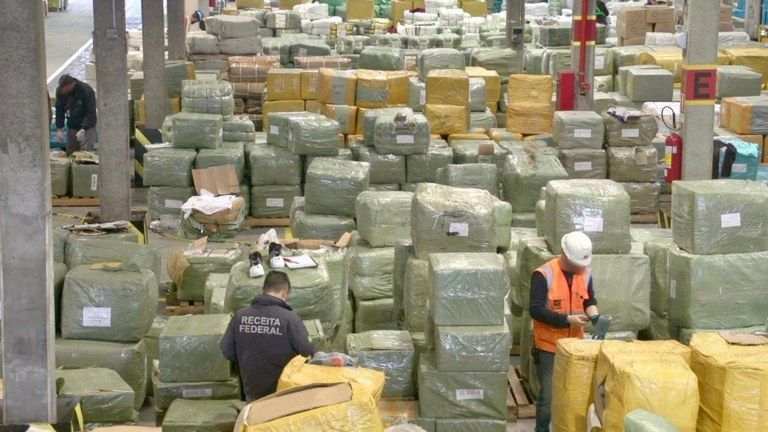
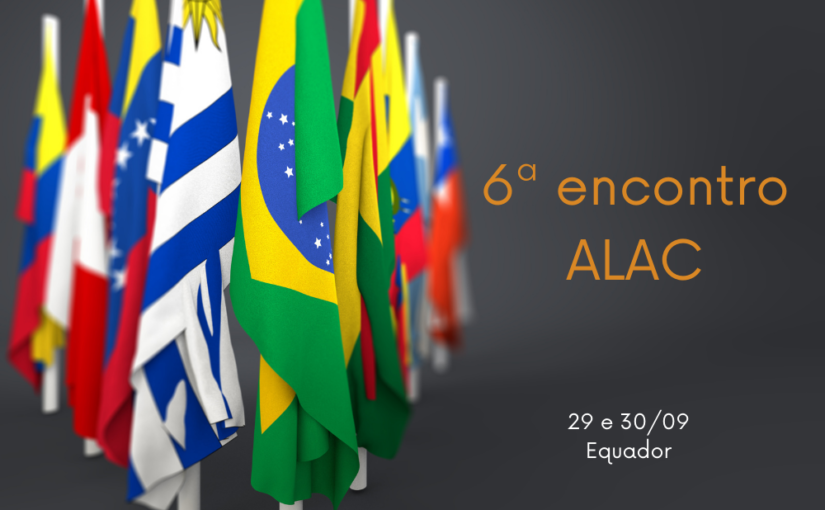

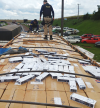
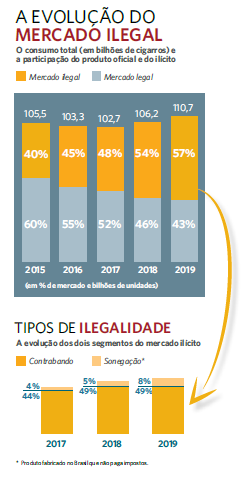


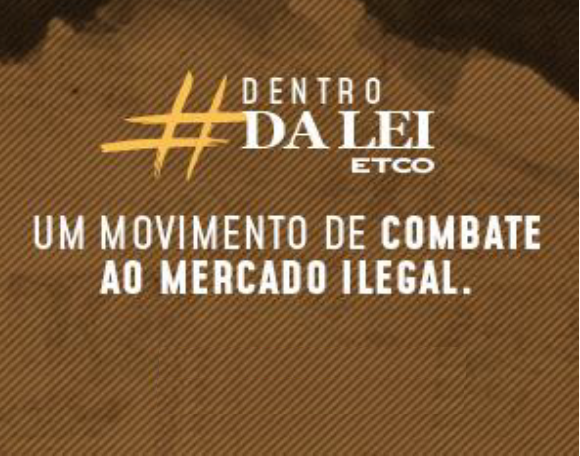

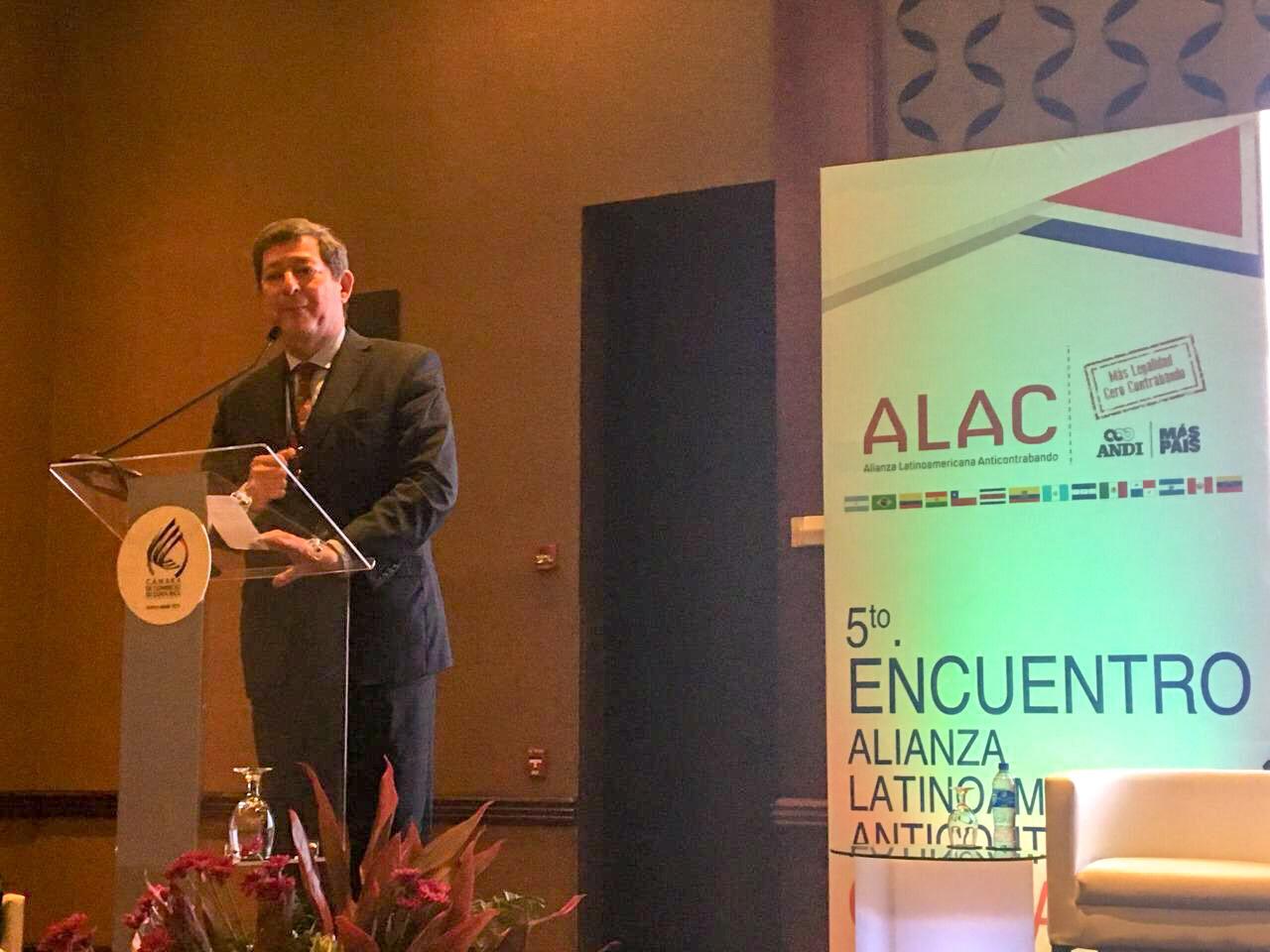 Edson Vismona, president of ETCO and pro-tempore president of the Latin American Anti-Smuggling Alliance (ALAC), said today (7/05), that the organization that directs and integrates business chambers and government representatives, seeks to increase the increase in participation and commitment Latin American countries in the fight against smuggling.
Edson Vismona, president of ETCO and pro-tempore president of the Latin American Anti-Smuggling Alliance (ALAC), said today (7/05), that the organization that directs and integrates business chambers and government representatives, seeks to increase the increase in participation and commitment Latin American countries in the fight against smuggling.
